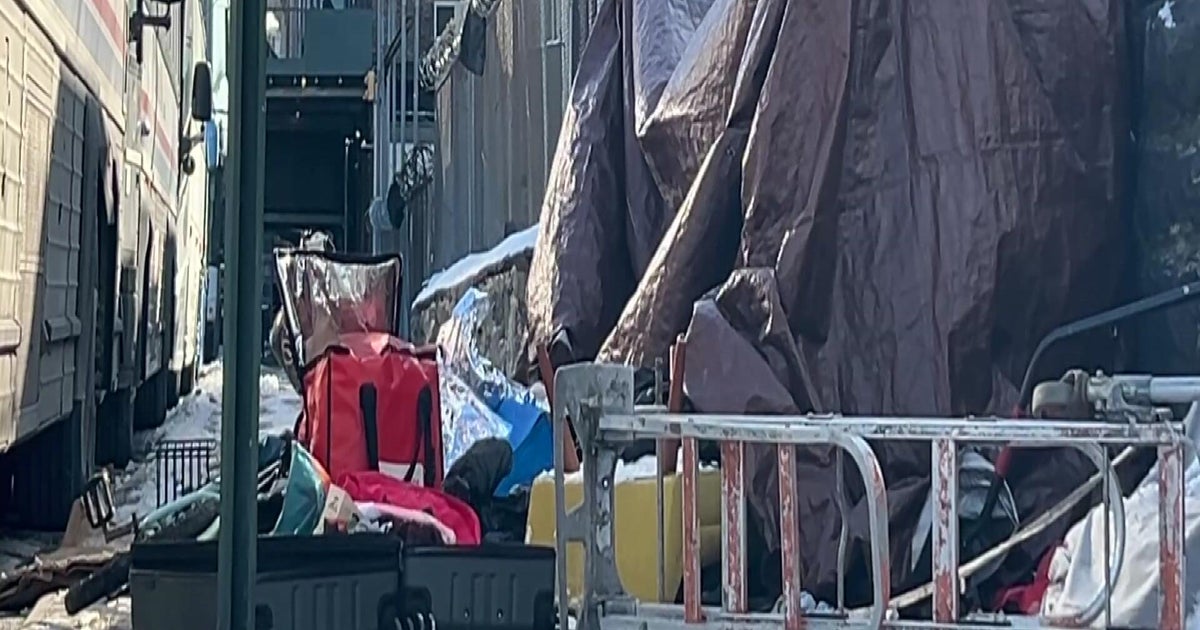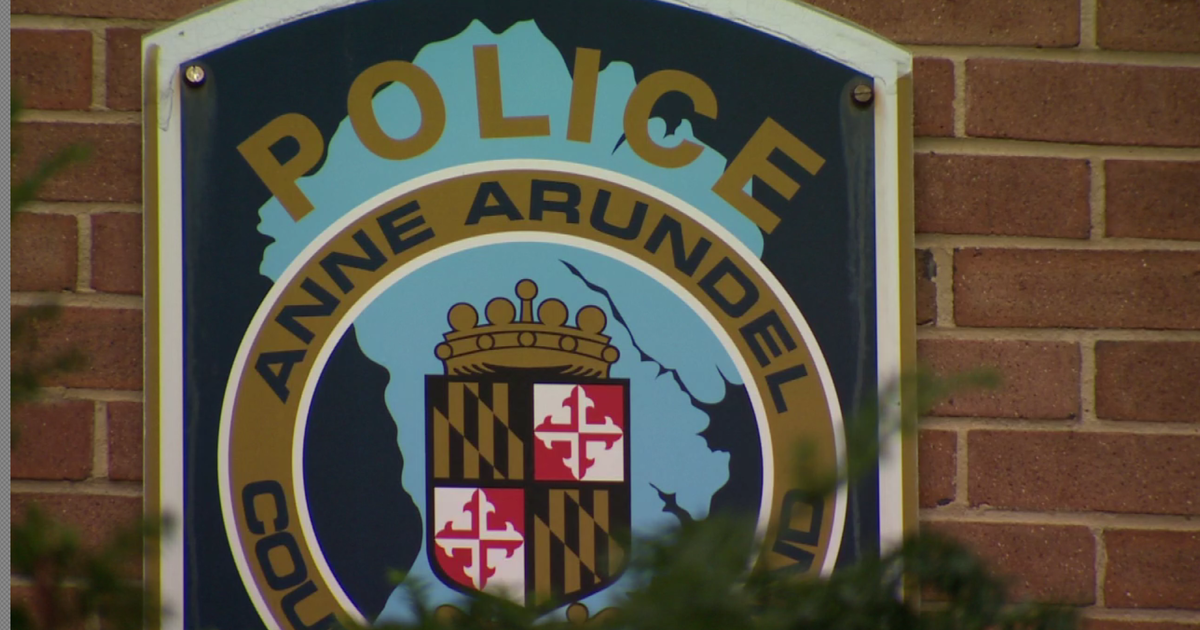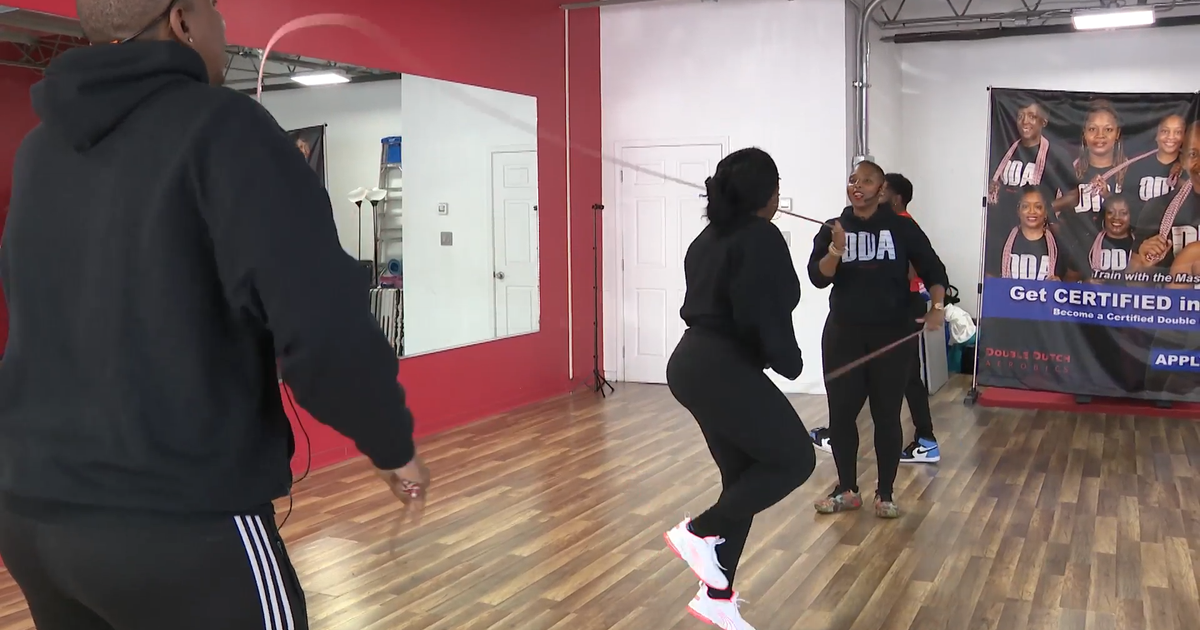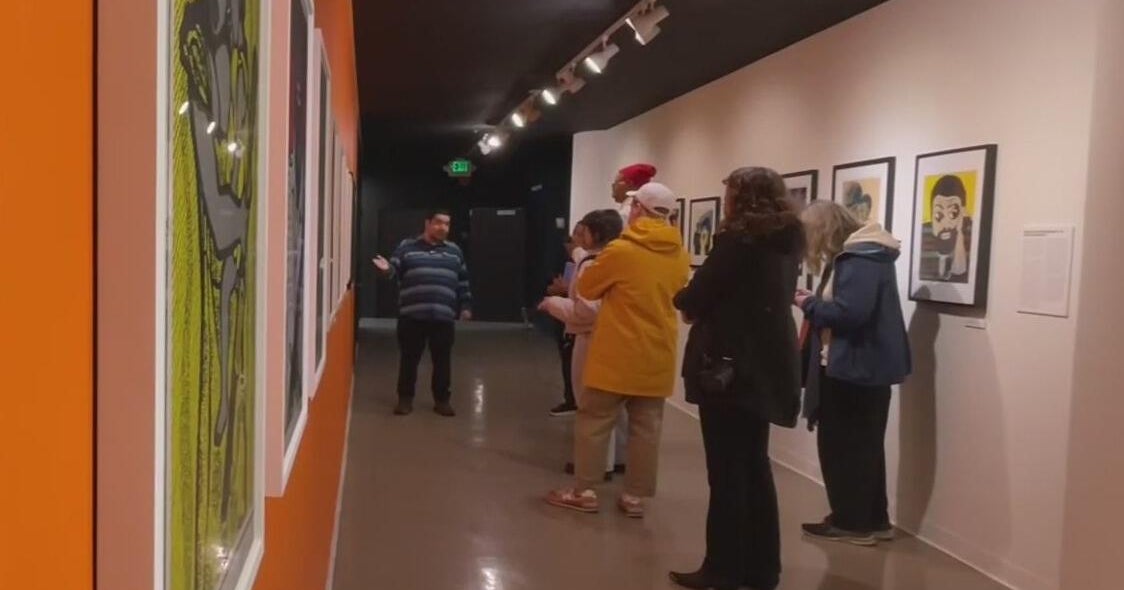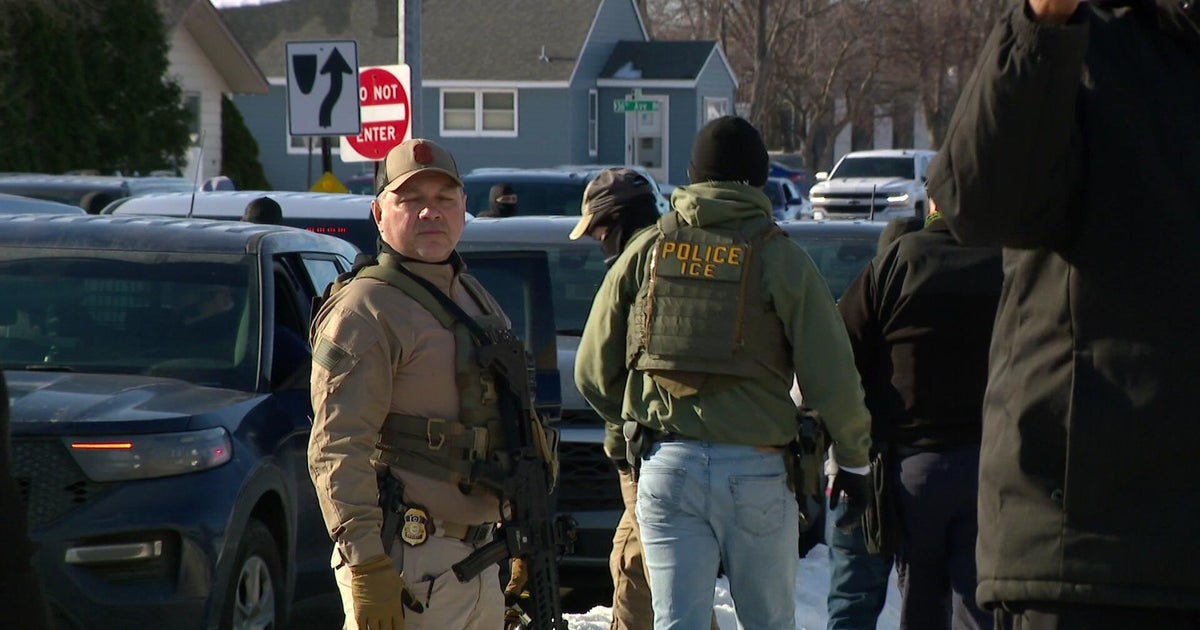Addressing relational poverty: Help for unhoused people can begin with a simple phone call
SAN FRANCISCO -- Getting people off the streets has been a challenge that few places have been able to achieve. But a new approach to solving the issue of homelessness could begin with just a simple phone call.
On any given night, about 38,000 people in the Bay Area are experiencing homelessness, an increase of 35% since 2019.
This past New Year's Eve 61-year-old Stephen Hardy became one of them.
Standing at an off-ramp on a freeway, he was holding a sign that read: "Homeless U.S. Marine Corps Veteran. Anything Helps."
"It took me two months to finally actually use it because I just kept saying, 'It's not that bad.'"
He made $60 that day. It was the price he paid for his last shred of dignity.
"I never thought I'd be in this situation," he said.
He grew up in New York, became a Marine, and later went to college. After moving to California, he became a forklift driver. He had a steady job until the pandemic hit, and work dried up overnight.
It wasn't long before he lost his house and car. He couch-surfed as long as he could before finding himself out of the street.
He was all alone in this world when a non-profit called Miracle Messages offered to pair him up with a volunteer phone buddy.
Her name is Nancy, she lives in upstate New York, and even though they've never met, they talk and text every day.
"It lets me know that there's somebody who knows my situation that isn't judging me who isn't looking down on me," Hardy said.
Kevin F. Adler, the founder of Miracle Messages, is the author of an upcoming book called When We Walk By, which explores something called relational poverty, defined as a lack of supportive relationships and severe isolation.
"When we think about we need as humans, we think food, water, shelter, clothing," he said, "But [we] also need love and belonging."
According to Adler, at least one in four people experiencing homelessness says a breakdown of social support was a contributor to becoming homeless.
This is why his organization has what it calls "digital detectives;" tech-savvy volunteers who help reconnect those living on the streets with their loved ones.
For the last year, Adler and his team have also been conducting a year-long basic income program for people experiencing homelessness, giving them $750 a month, no strings attached.
Hardy, who is one of the participants, said he's hoping to move into his own place soon.
"As long as I'm able to come home at night, make a little meal, lay down, watch some TV, I'm ready for the next day."
If you'd like to become a phone buddy, go to MiracleMessages.org
